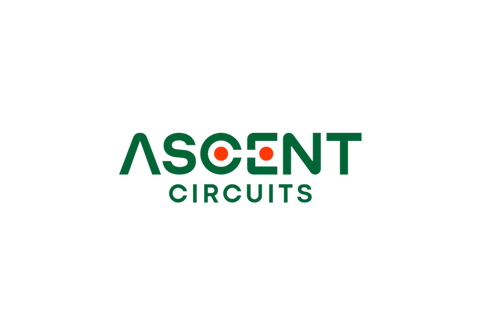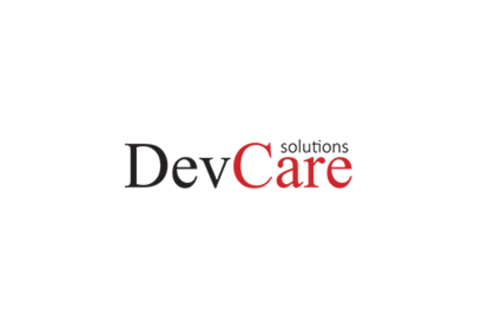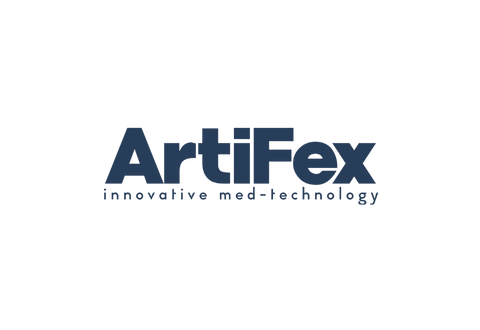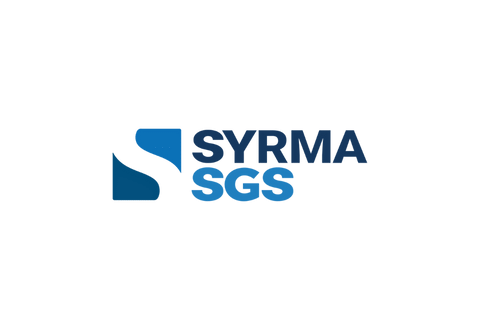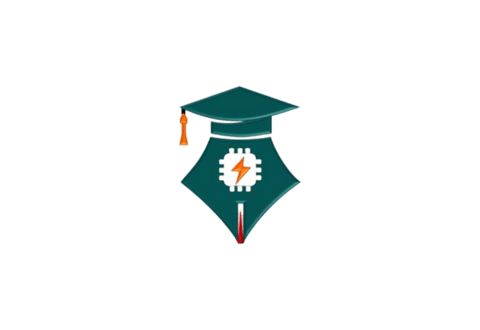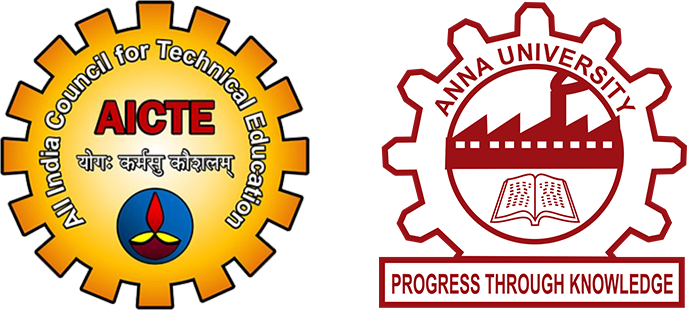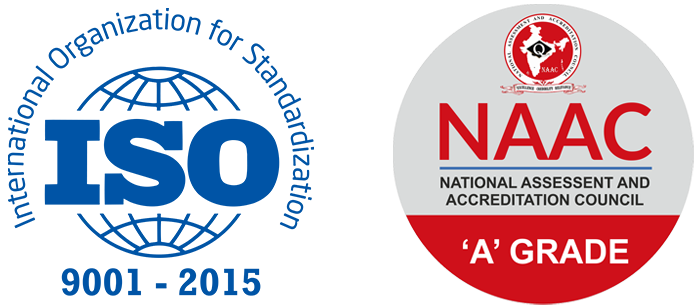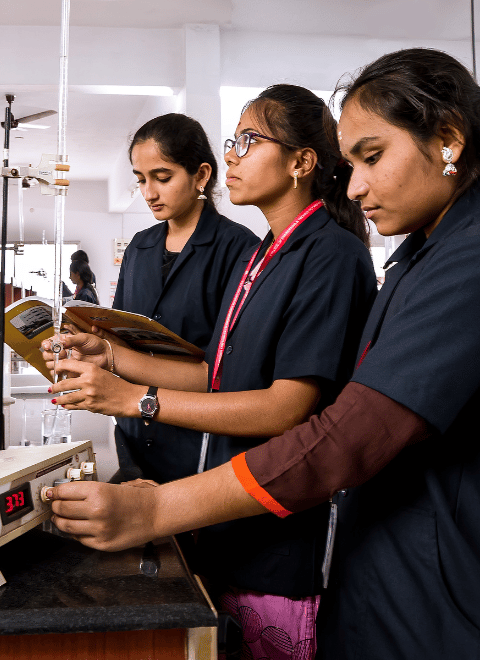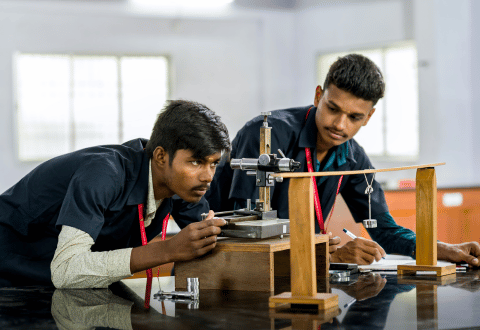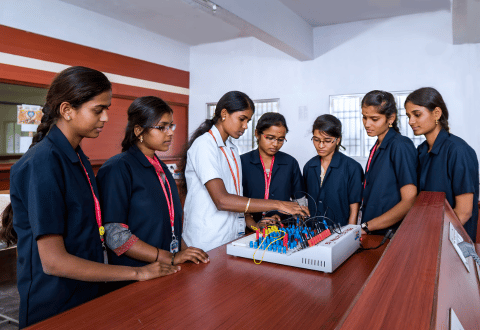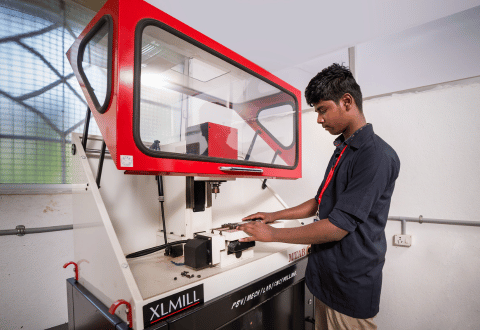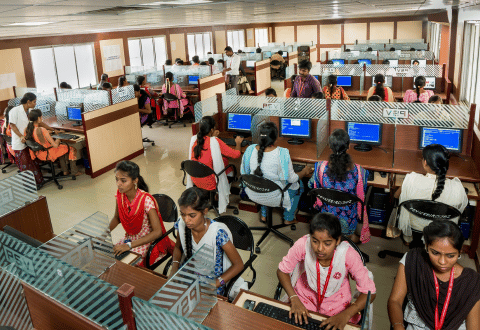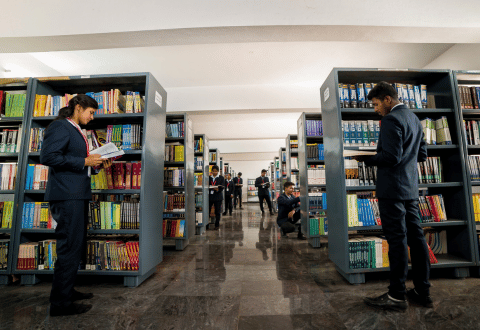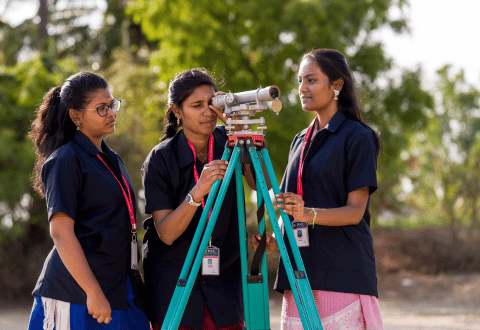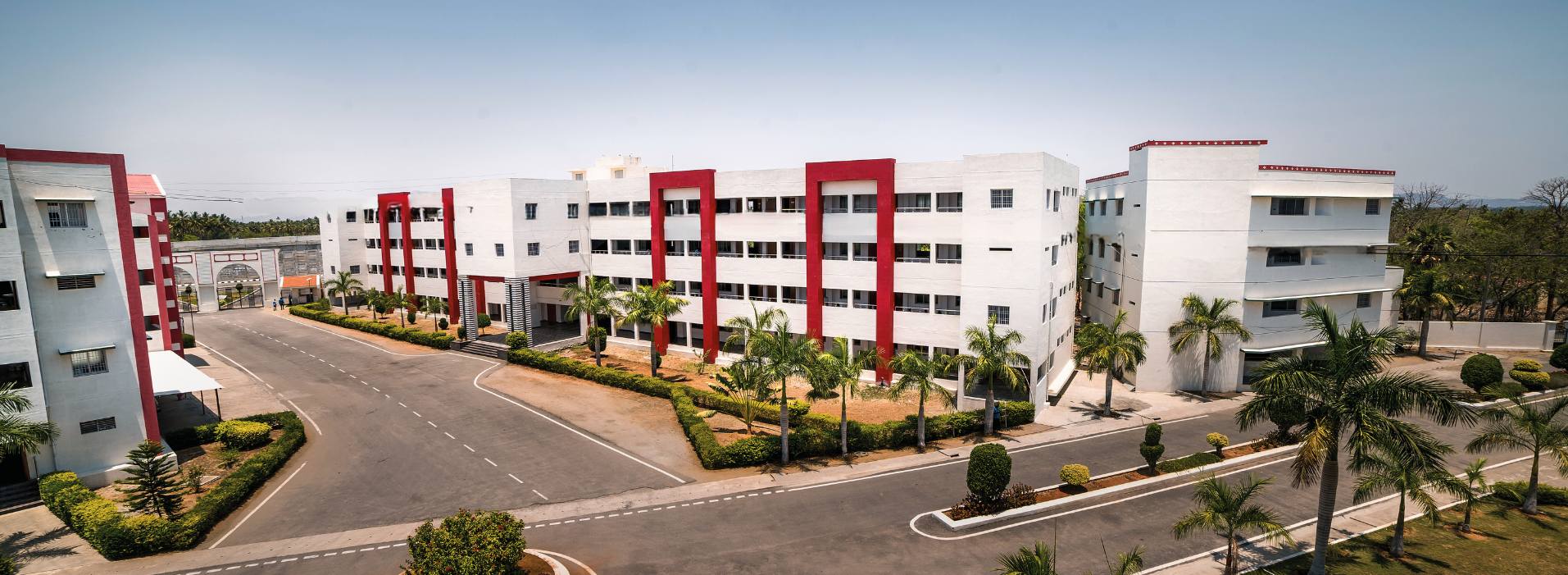
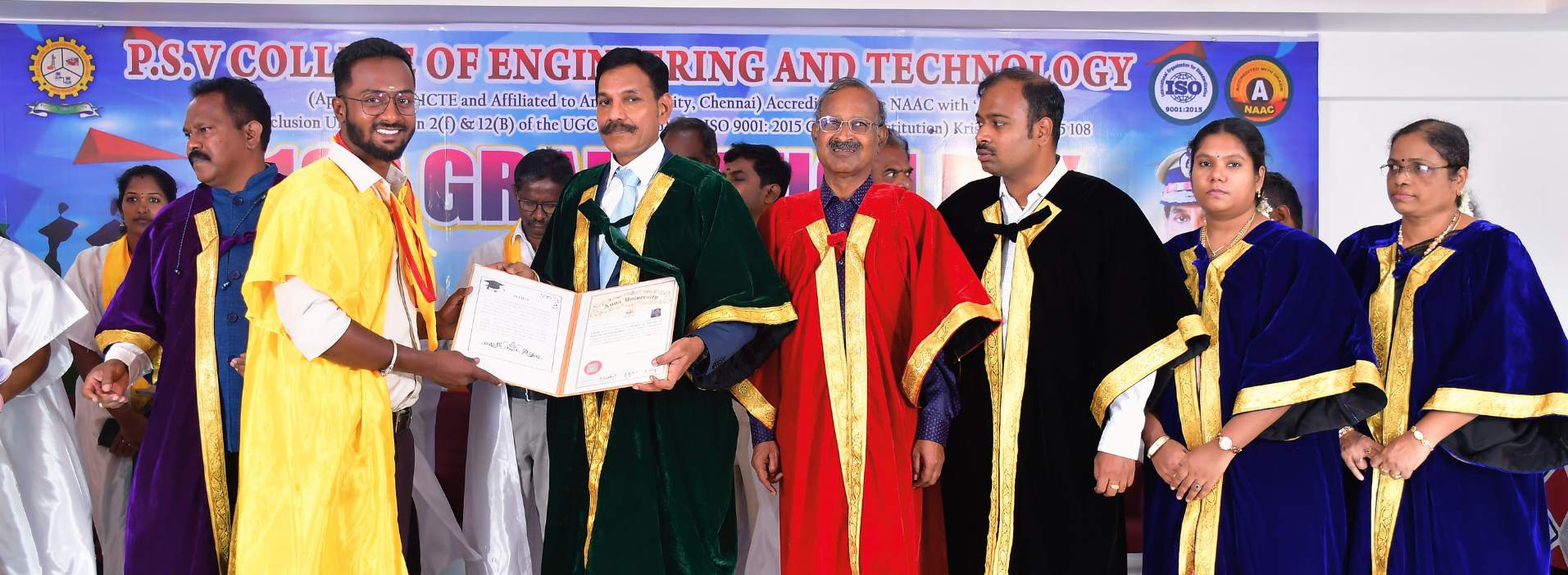
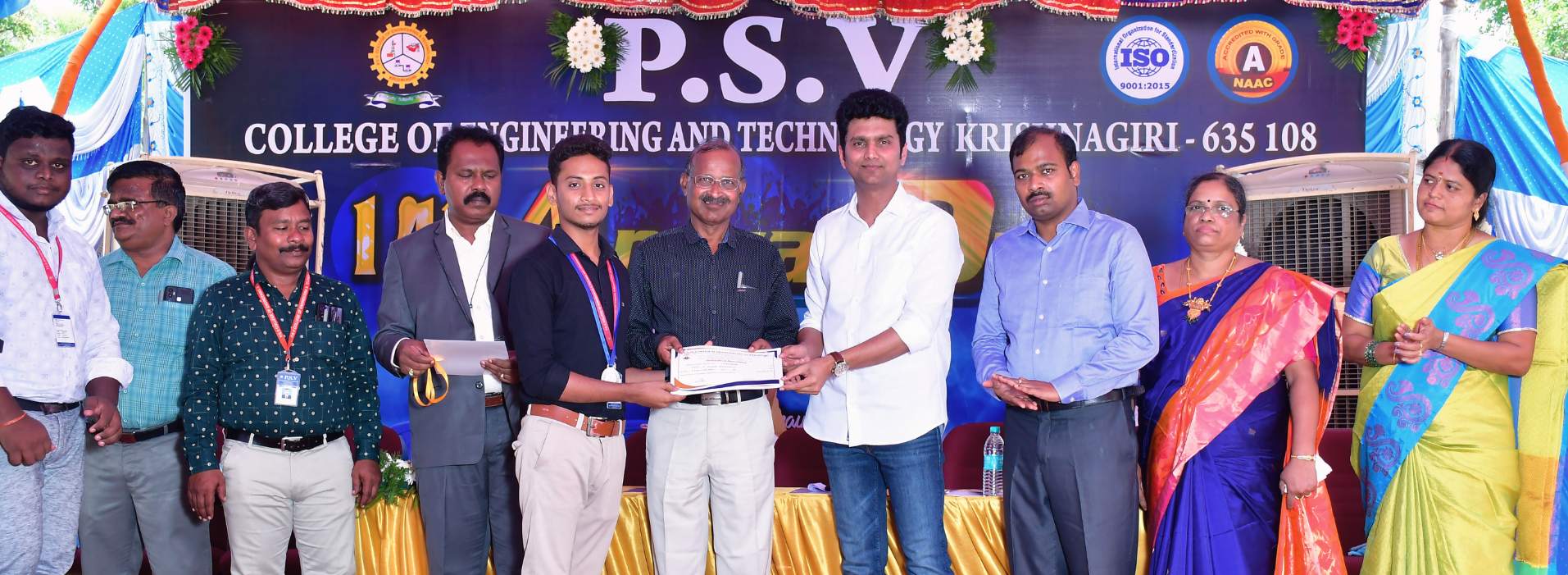
Welcome to P.S.V College of Engineering & Technology
We have consistently demonstrated a profound dedication to academic innovation, cultivating a culture of inclusivity, and empowering students to realize their full potential.

Vision
To be recognized at national level for quality technical education with ethics supported by research leading to produce innovative, entrepreneurial, and successful engineers.

Mission
To provide state of the art education with strong Engineering basics and managerial skills. To develop students with good Engineering skills for designing and developing solutions to cater the need of industries and society. To develop the institute as a Hub, working constantly in chase of brilliance in Engineering education, Research and technology transfer to the Industries and society at a large. To inculcate qualities required for becoming a good entrepreneur.
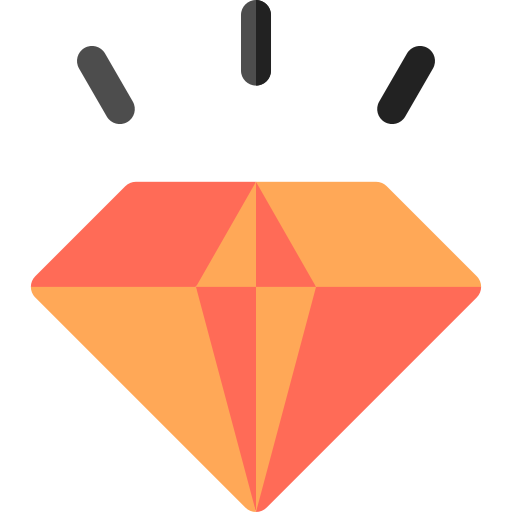
Quality Policy
P.S.V College of Engineering and Technology is committed to provide quality education to the students enabling them to excel in the fields of Science, Engineering, Technology and Management to cater to the changing and challenging needs of society and industry.
Elevate your Educational Journey
P.S.V College of Engineering and Technology is executed by St.Joan’s Educational Trust. The Founder of the Trust, Dr.P.Selvam, is an academician with rich experience in teaching and having achieved an unenviable reputation in this own profession, Dr.P.Selvam, a keen social activist and visionary, felt that he should contribute his might to the betterment of the society as a part of his social commitment. This he felt, could be achieved by promoting Educational Institutions that imp art high quality knowledge at an affordable cost so that the middle class, the less privileged and the underprivileged could get more benefits.
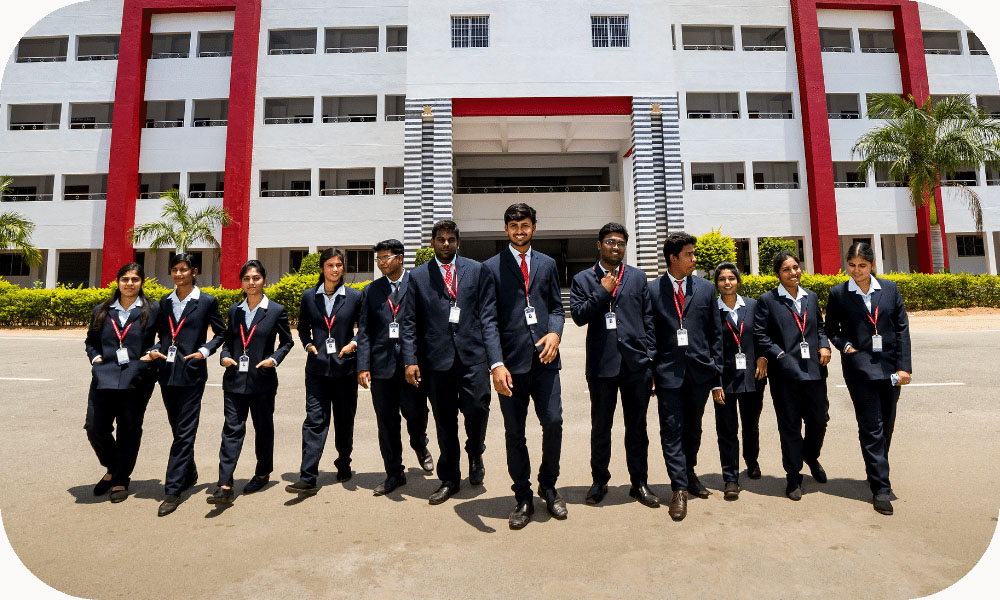
85%
graduates started new job
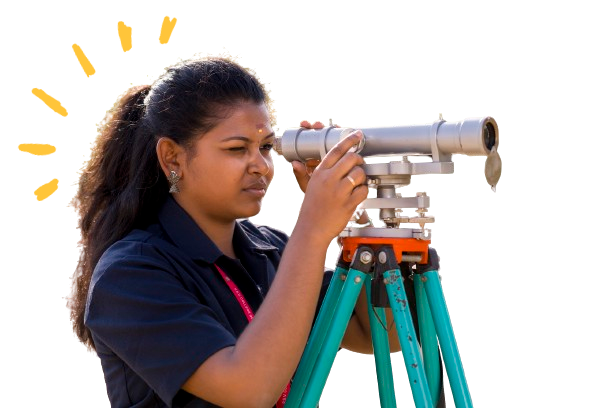
22 Years
OF EXCELLENCE
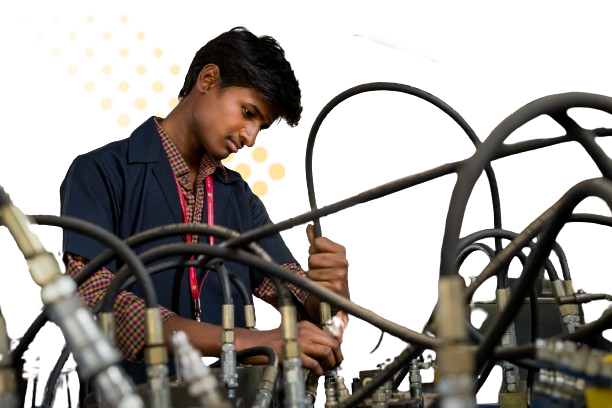
453+
Placement Offers
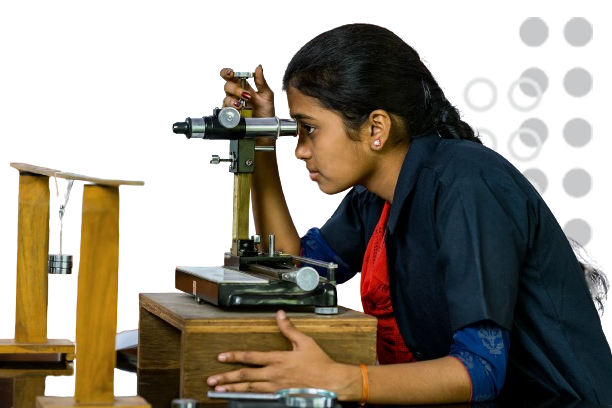
85%
graduates started new job
22 Years
OF EXCELLENCE
453+
Placement Offers



P.S.V College of Engineering and Technology
COURSES OFFERED
Under Graduate Courses
Post Graduate Courses
What We Provide
At PSV Engineering College, we are committed to providing students with a holistic educational experience that prepares them for success in both their personal and professional lives. We invite you to join our vibrant community and embark on a journey of discovery and growth.
Library
The library is situated in a spacious building laid out functionally and comfortably. It houses over 29529 hard volumes, CD-ROMS etc.
Auditorium
The auditorium with state-of-the-art multimedia system. It is frequently used for presentations, seminars, fests, events of the college
Internet Facility
The College Computing Center offers computing facility to all the students and faculty members. The computing resources include servers and workstations





Recent News
- All Posts
- PSV

Oneyes Info Tech Solutions, Chennai On-Campus Drive on 25-09-2023, salary Package : 6 LPA We…

Oneyes Info Tech Solutions Campus Drive on 25-09-2023 We are delighted to…
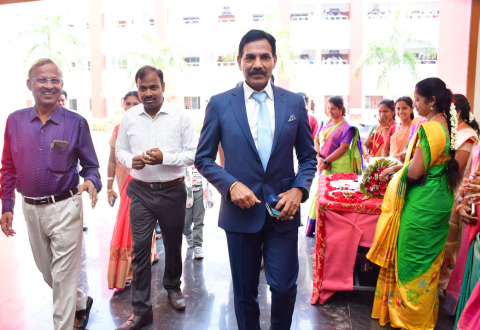
A Gracious Welcome to Dr. Sylendra Babu at PSV Engineering College It…
Our Key Recruiters


